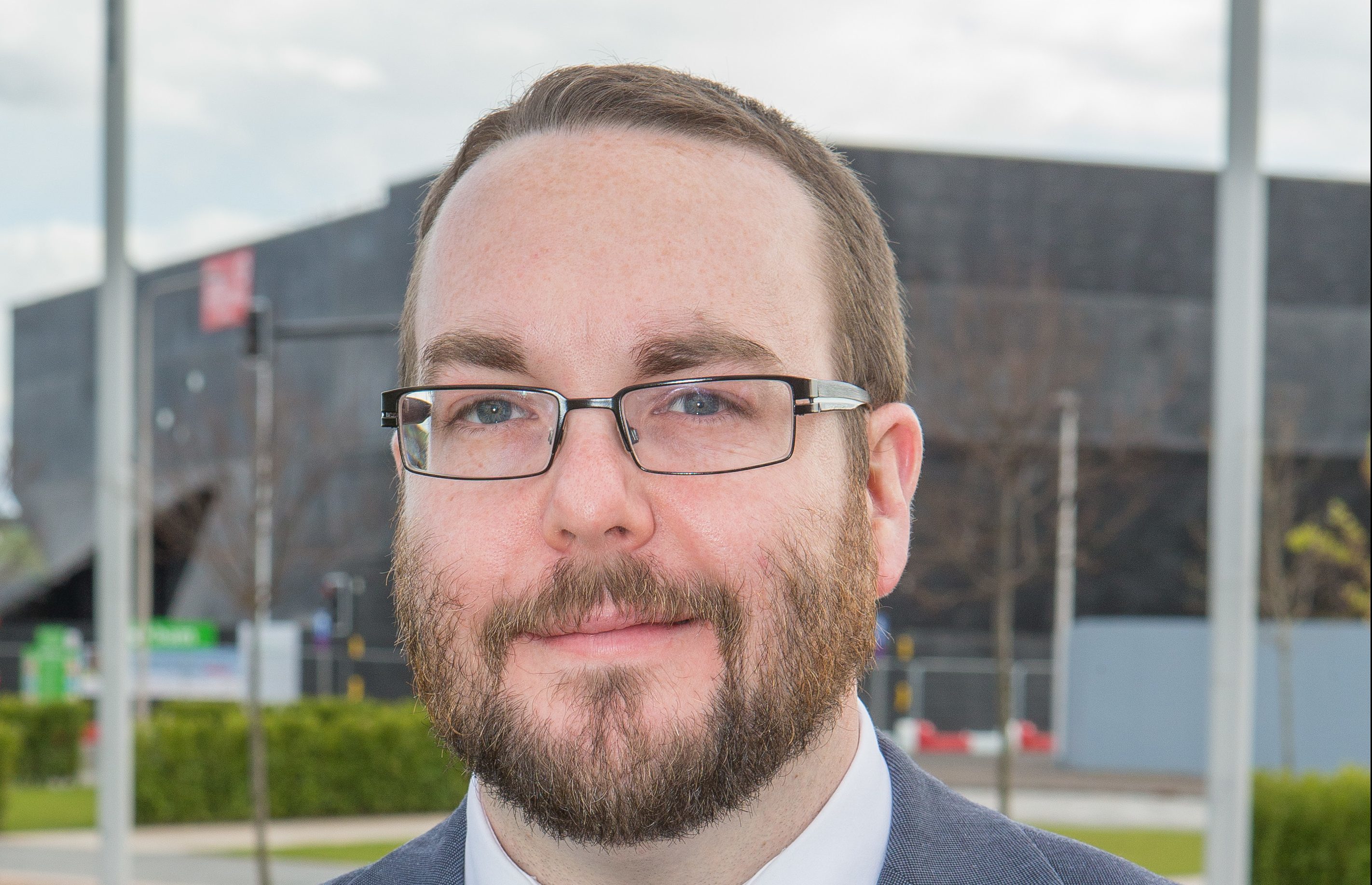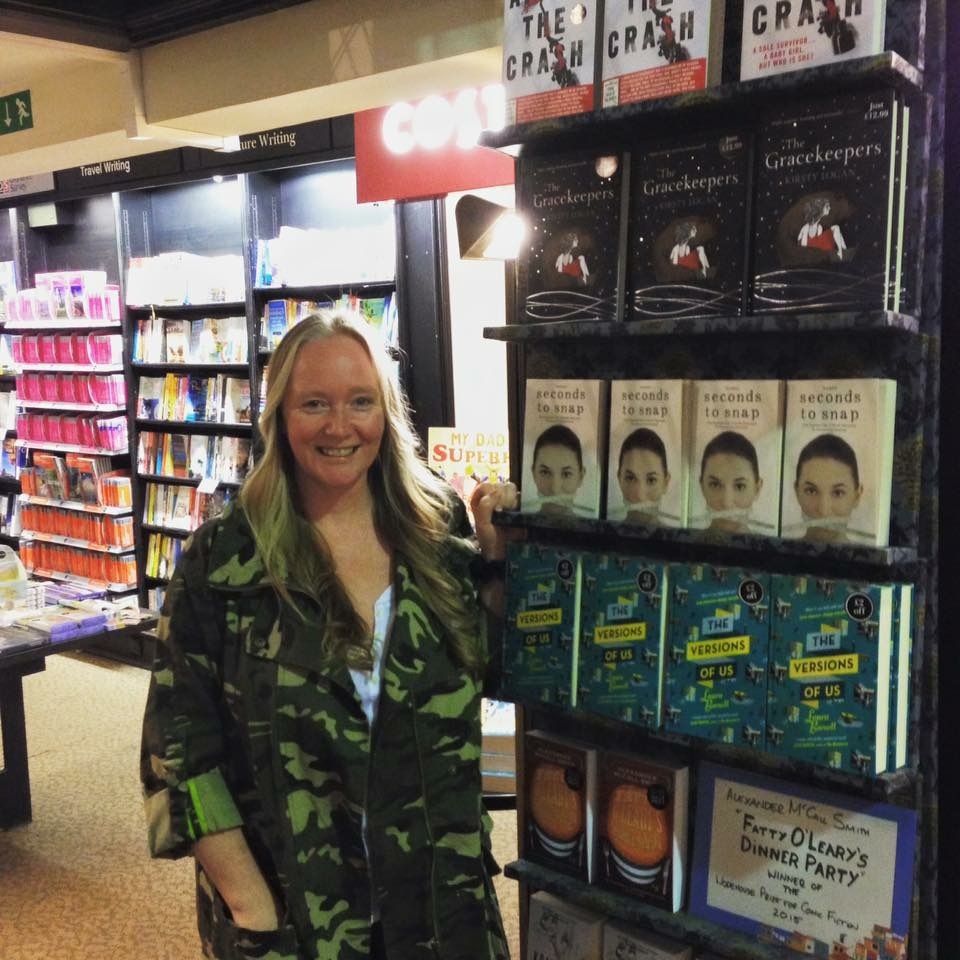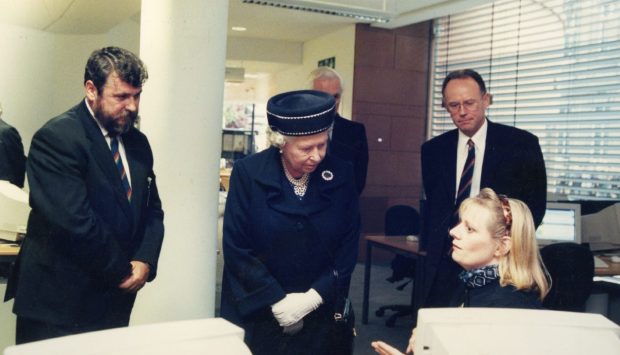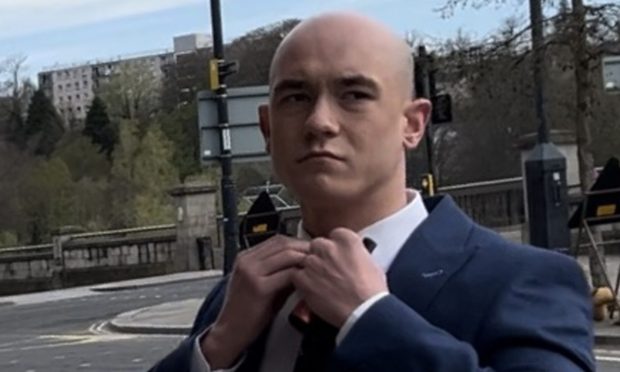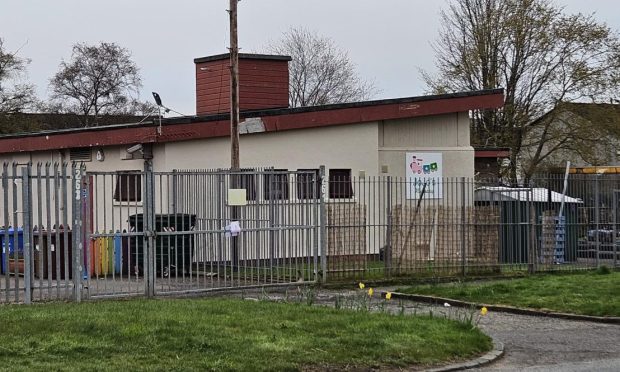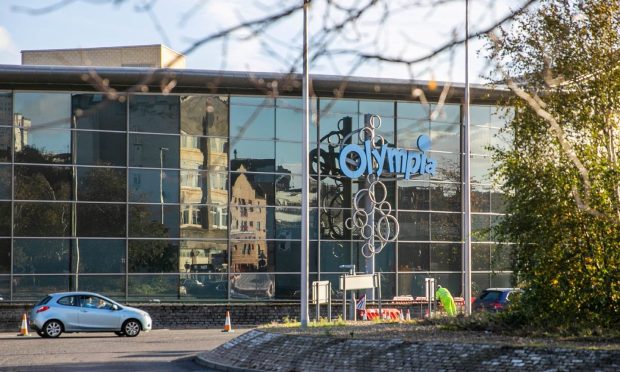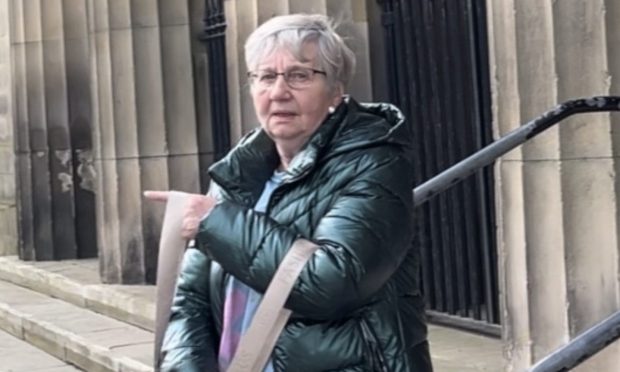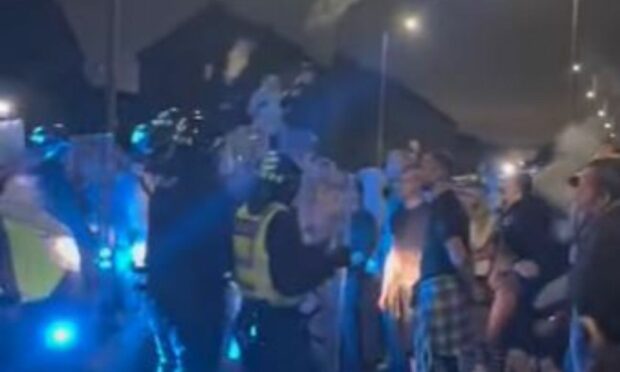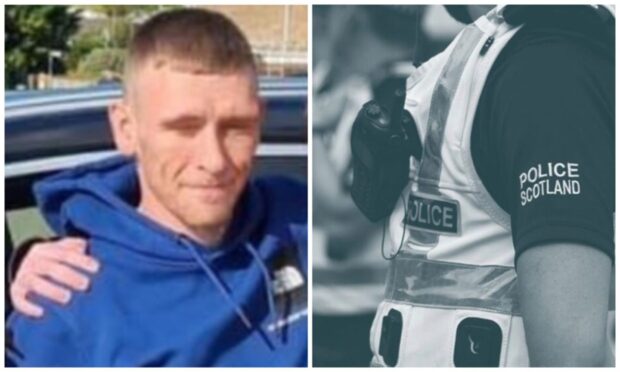NHS Tayside has recorded a sharp increase in the number of children requiring mental health intervention.
The number of young people seeking professional help has jumped by 29% between 2014 and 2016.
According to NHS Tayside, “mental health and wellbeing is a significant and increasing concern for our children and young people”.
The data, published as part of the wide-ranging Tayside Plan for Children, Young People and Families, acknowledges: “In Tayside, significant and growing numbers of young people experience worry, unhappiness and psychodynamic complaints likely to receive a clinical diagnosis if seen by a professional.”
The revelations come after stats taken from the same publication showed more than one in four Tayside youngsters have admitted to abusing drugs.
Dundee’s children and families services convener Gregor Murray believes the increase is down, in part, to unfair pressures heaped on young people.
The councillor said: “The increase in referrals is definitely in line with what we’re seeing across Scotland and other nations too.
“This is partly due to external factors such as social media putting more pressures on our people, but also because we have a society where more young people are willing to admit that they’re anxious or need help with their mental health in another way.
“We have a number of initiatives set up across the city to help with this increasing demand, and our focus is on early intervention.
“With our Attainment Challenge fund provided by the Scottish Government we’re employing more mental health workers to work in our schools directly with young people and also to support the teaching staff.
“They will be working out on their own though, they’ll be as part of a whole enhanced health and wellbeing team in our schools, ensuring that we get it right for every child. They’ll also be working closely with our educational psychology team.”
Mental health campaigner and author Tina McGuff said it is vital resources are in place to deal with the increase in people seeking help.
She said: “Potentially the rise is a direct result of young people feeling confident enough to seek help without fear off judgement at an early stage as they know early intervention is key.
“This could be a direct result of schools being much more open and honest about mental health, resilience, self-awareness and emotional intelligence and accessing resources to give guidance to the young people at school.
“Or sadly it could be poverty, redundancies or family or social pressures that are causing young people to seek help due to difficult times, potentially unable to deal with the challenging feelings as they can be very distressing if completely unprepared.
“Either way the figures have risen and I hope the council sees this and plans even further ahead by planning and resourcing.”
